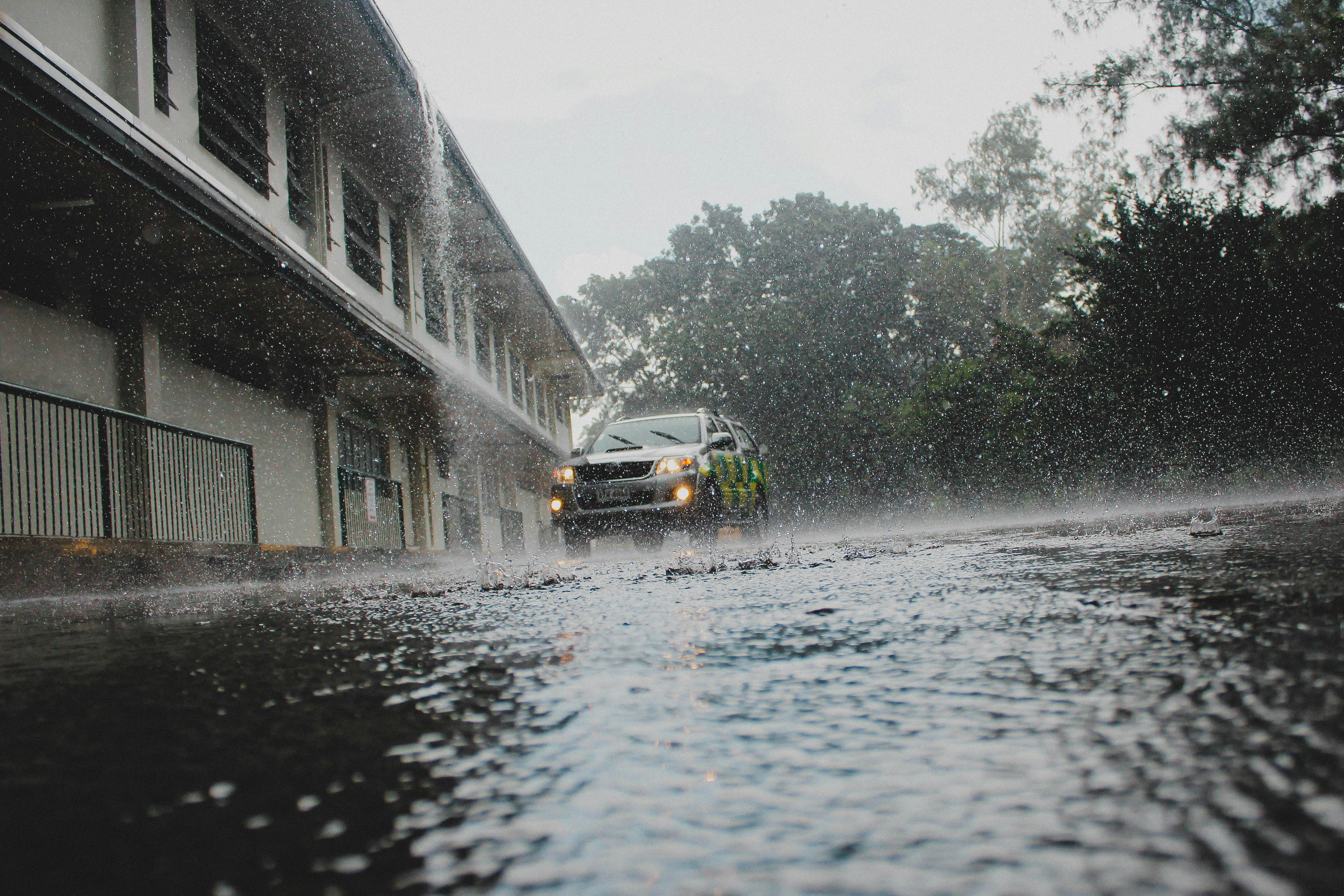Many Americans have become victims of natural disasters in 2024. Wherever you live, unexpected disasters may cause damage to your home or personal property, creating a “personal casualty loss.” This is defined as damage from a sudden, unexpected or unusual event, such as a hurricane, tornado, flood, earthquake, fire, act of vandalism or terrorist attack. You can deduct personal casualty losses only if you itemize on your tax return and, through 2025, only if the loss results from a federally declared disaster. There is, however, an exception to the latter rule. Suppose you have personal casualty gains because your insurance proceeds exceed the tax basis of the damaged or destroyed property. In that case, you can deduct personal casualty losses that aren’t due to a federally declared disaster up to the amount of your personal casualty gains.
In some cases taxpayers can deduct a casualty loss on the tax return for the preceding year and claim a refund. You may be able to file an amended return if you’ve already filed the relevant return.
Need help? Contact the office with your questions.
408-252-1800
Photo by Roman Castillo: https://www.pexels.com/photo/car-driving-in-rain-17679501/


